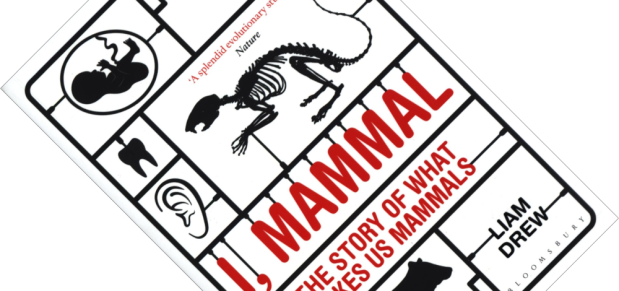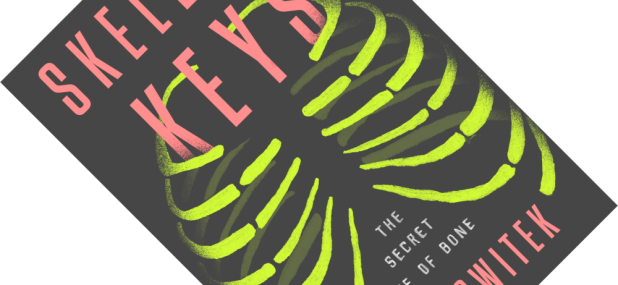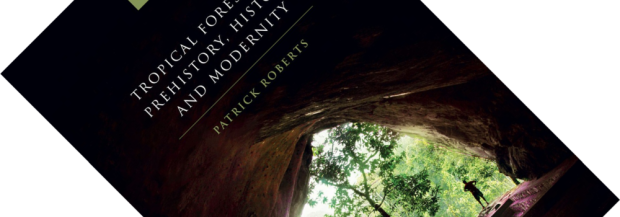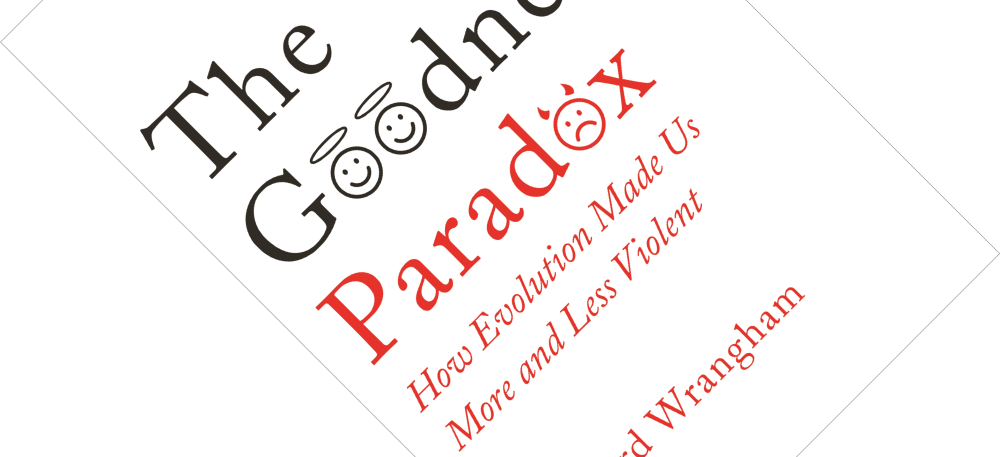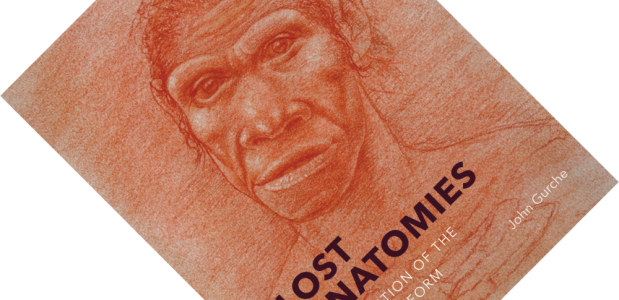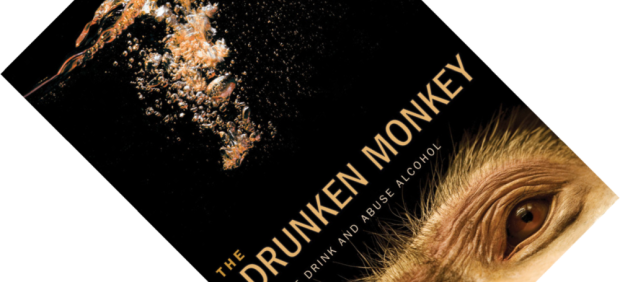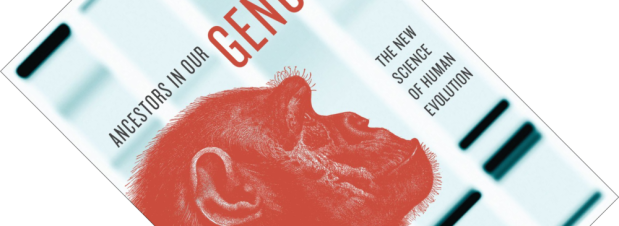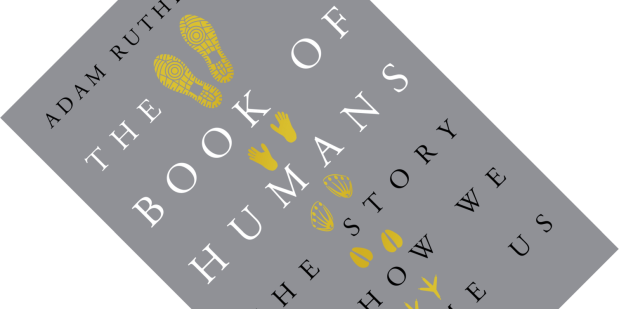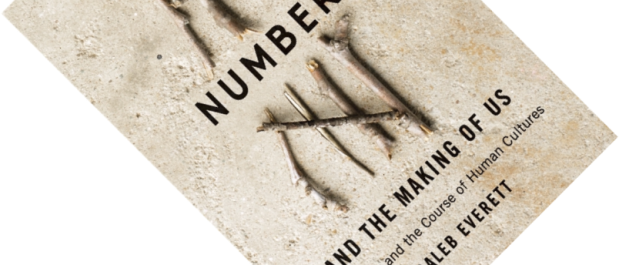The seed of this book, if you will forgive me the pun, lay in an unfortunate collision between a football and the author’s scrotum. This led former neurobiologist Liam Drew to write a piece for Slate about the mammalian testicles and their precarious positioning in the males of this group. Before long, with the birth of his first daughter, he started wondering about lactation and all the other features and oddities that make us mammals. The resulting I, Mammal is a witty, irreverent overview of mammalian biology and evolution that is sure to entertain.
primates
Book review – The Human Swarm: How Our Societies Arise, Thrive, and Fall
“Why, of all the species that have ever existed, have only us humans reached this unparalleled level of social organisation?” Sounds familiar? I indeed opened my review of E.O. Wilson’s recent book Genesis: On the Deep Origin of Societies with almost these exact words. Where that book (quite literally) fell a bit short of the intended mark, biologist Mark W. Moffett here delivers a sprawling big history book that considers almost the same question. Perhaps this should not come as a surprise, for Wilson has been Moffett’s mentor.
Book review – Skeleton Keys: The Secret Life of Bone
From Skeletor to the Danse Macabre, from Army of Darkness to ossuaries and holy relics – despite being largely hidden in life, skeletons are some of the most recognizable structures that nature has produced. Science writer Brian Switek has written a sizzling little book with Skeleton Keys* that delves into both the biological and cultural significance of human bones, showing them to be more than just a powerful reminder of death and mortality.
Book review – Tropical Forests in Prehistory, History, and Modernity
Primaeval, pristine, playground of Indiana Jones, home to ancient ruins and primitive tribes – nothing says wilderness more than tropical rainforests. They have had a firm grip on our collective imagination for centuries as the antithesis of civilization. But after reading archaeologist Patrick Roberts’s Tropical Forests in Prehistory, History, and Modernity, it seems my introduction is a load of lyrical rubbish. Synthesizing an enormous body of scientific literature, this book dispels the Victorian-era explorer-mystique to reveal a picture that is far more fascinating.
Book review – The Goodness Paradox: How Evolution Made Us More and Less Violent
Humans. How is it that you can herd 200 of them into an aeroplane without a riot erupting, while they also commit unspeakable atrocities such as torture, genocide, and war? Anthropologist Richard Wrangham calls it the goodness paradox. In this well-reasoned book, he surveys research from a range of disciplines to try and answer why humans show this odd combination of intense calm in normal social interactions and a ready willingness to kill under certain other circumstances.
Book review – Lost Anatomies: The Evolution of the Human Form
Are science and art strange bedfellows? The answer to this tricky question will hinge on your definition of art. Science and illustration certainly are not. American palaeoartist John Gurche has spent three decades studying ape and human anatomy and making reconstructions of early humans. Amidst all this professional work, he has been quietly building a private portfolio of more artistic images as a creative outlet. After 27 years, this body of work is gathered here in Lost Anatomies. It is an exceptional and beautiful collection of palaeoart that occasionally ventures into slightly psychedelic territory, without ever losing sight of the underlying science.
Book review – The Drunken Monkey: Why We Drink and Abuse Alcohol
It is tempting to start this review with a nod to Monty Python’s Philosopher’s Drinking Song. But there is a dark side to our use and especially abuse of alcohol, lethal traffic accidents being just one of them. Why are we so enamoured with our booze? With The Drunken Monkey, Professor of Integrative Biology Robert Dudley puts forward the idea that it is linked to the dietary preferences of our primate ancestors who used alcohol as a cue to identify ripe fruit. Is this another evolutionary just-so story?
Book review – Ancestors in Our Genome: The New Science of Human Evolution
After I read and reviewed Who We Are and How We Got Here: Ancient DNA and the New Science of the Human Past, I thought I knew about the changes to the story of human evolution based on studies of DNA. And given that Ancestors in Our Genome was published a few years before that book, I was curious what it could add to what I had been reading so far. As it turns out, a lot. As with my previous review, I should preface this one with the same warning that things are about to get complicated…
Book review – The Book of Humans: The Story of How We Became Us
Historically, humans have long considered themselves special compared to the natural world around them. It shows, for example, in old depictions where humans are at or near the top of a chain of lifeforms, with only angels and gods above us. Darwin caused a tremendous ruckus by saying we were descended from primates, and evolutionary biology has since had a long history of diminishing our anthropocentric worldview. With The Book of Humans, self-professed science geek Adam Rutherford has written an entertaining exploration of human evolution, showing that, amidst the teeming multitudes of lifeforms surrounding us, we are really not that special. And yet we are.
Book review – Numbers and the Making of Us: Counting and the Course of Human Cultures
What makes us human? Various authors have dished out various reasons in recently published books. From culture to cooking to creativity (see Fuentes’s The Creative Spark I reviewed previously). Caleb Everett, a professor of linguistic anthropology, here makes the point that the invention of numbers, which could be considered another instance of human creativity at work, has been an instrumental tool in allowing humans to transform the world. Without them, quantities exist, but we have only a vague awareness of them.

